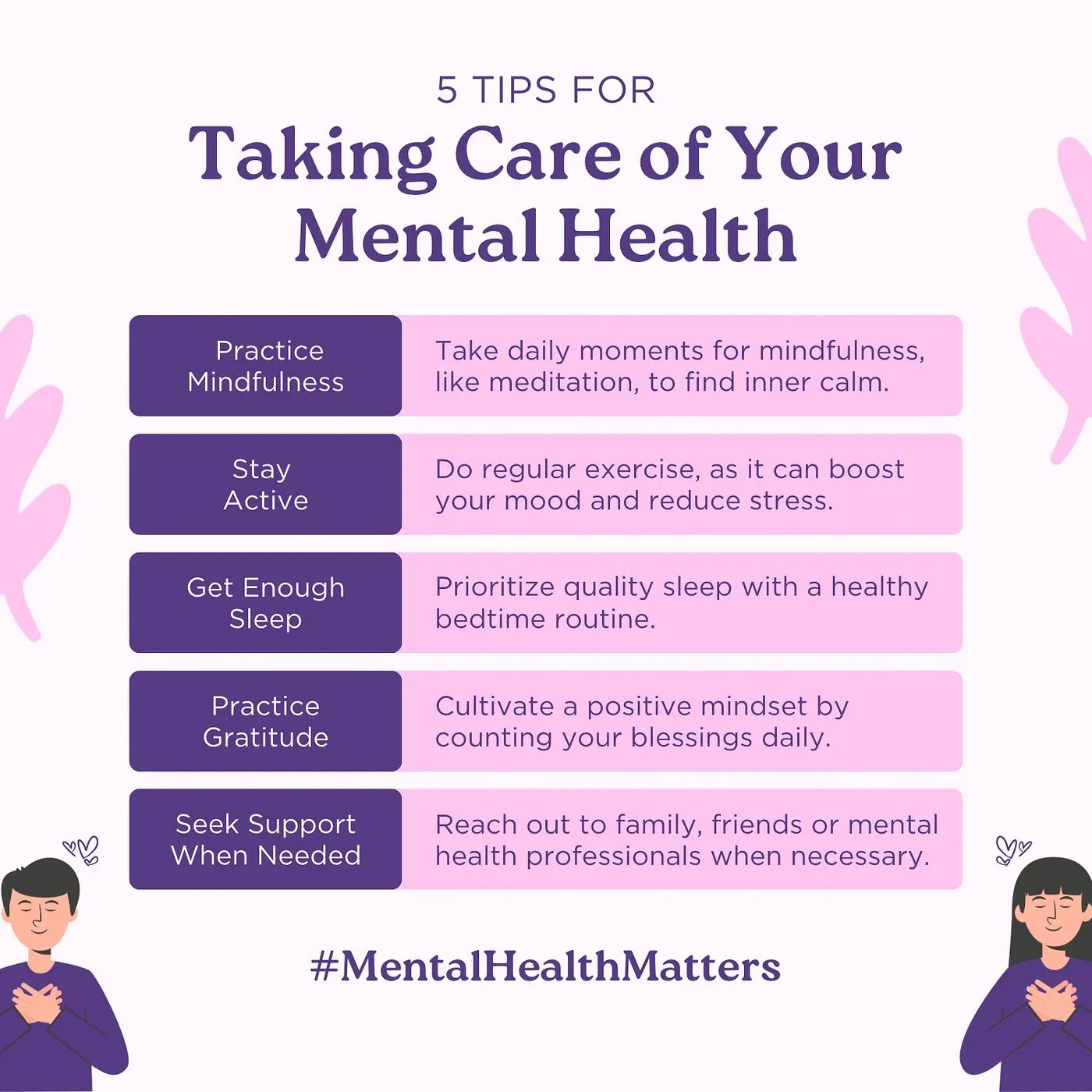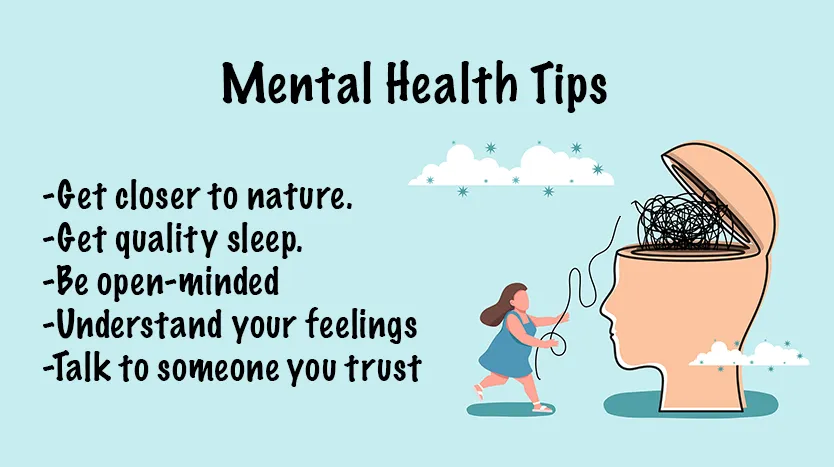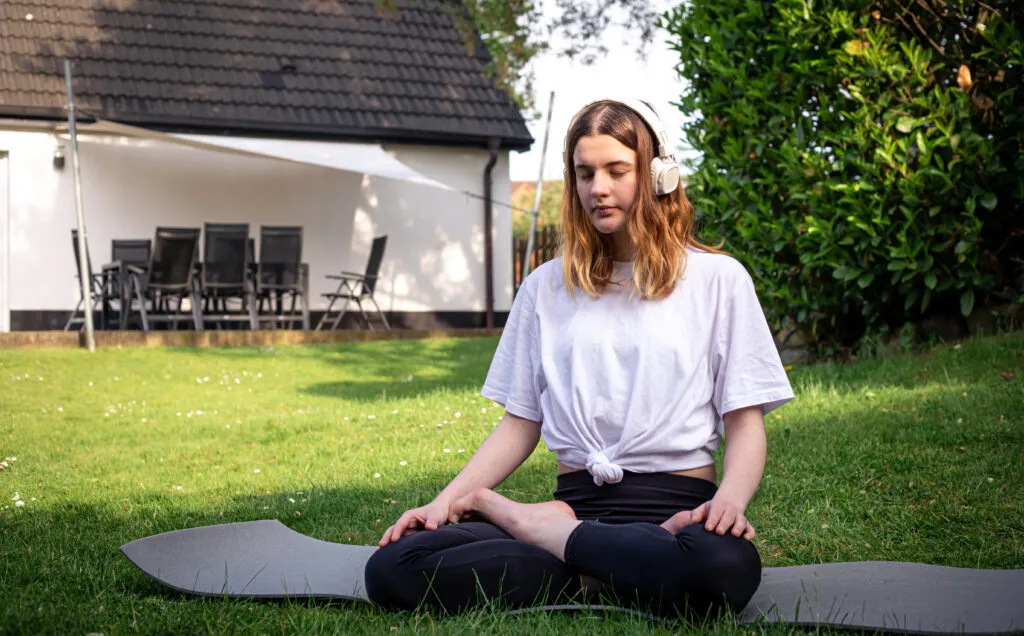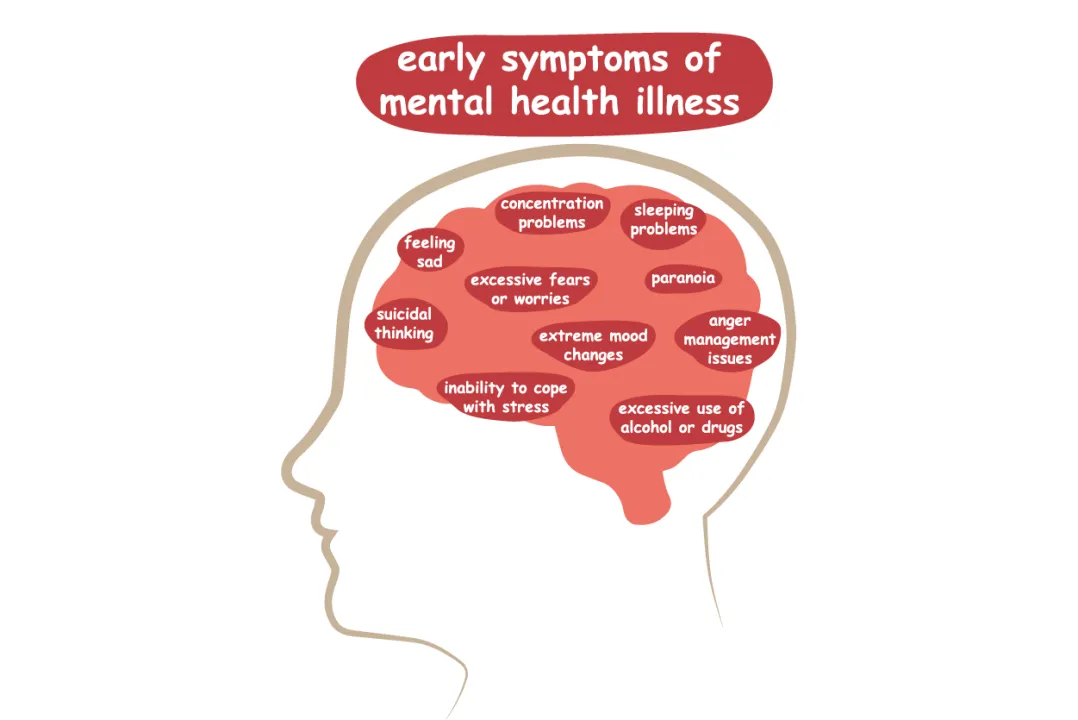In today’s fast-paced world, maintaining mental wellness is just as important as physical health. Mental wellness exercises are daily practices that promote emotional stability, reduce stress, and enhance overall well-being. Incorporating these exercises into your routine can create a foundation for a happier, healthier life.
1. Morning Mindfulness Practice
Starting your day with mindfulness sets a positive tone for the hours ahead. Mindfulness is the practice of focusing on the present moment without judgment. It helps reduce stress and improve concentration.
- How to Practice:
- Sit quietly and focus on your breath for 5–10 minutes.
- Acknowledge any thoughts that arise, then gently bring your attention back to your breath.
- Benefit: Increases mental clarity and reduces morning anxiety.
2. Gratitude Journaling
Gratitude shifts your mindset from focusing on what you lack to appreciating what you have. This simple exercise enhances positivity and builds emotional resilience.
- How to Practice:
- Each morning or evening, write down three things you’re grateful for.
- Reflect on why these things matter to you.
- Benefit: Cultivates happiness and reduces negative thinking.
3. Physical Movement
Exercise isn’t just for the body; it significantly impacts mental health by releasing endorphins, which improve mood.
- Options:
- Go for a brisk walk or jog.
- Practice yoga to combine physical movement with mindfulness.
- Dance to your favorite music for a fun, stress-relieving workout.
- Benefit: Enhances mood, reduces anxiety, and improves sleep.
4. Deep Breathing Exercises
Deep breathing is a quick and effective way to manage stress. It calms the nervous system, lowers heart rate, and reduces feelings of anxiety.
- How to Practice:
- Sit comfortably and inhale deeply for a count of 4.
- Hold your breath for a count of 4.
- Exhale slowly for a count of 6.
- Repeat this cycle 5–10 times.
- Benefit: Reduces stress and promotes relaxation.
5. Positive Affirmations
Positive affirmations are statements that challenge negative thoughts and encourage self-belief. Repeating them daily can reframe your mindset.
- Examples:
- “I am capable and strong.”
- “I deserve happiness and peace.”
- “Every day, I am growing and improving.”
- How to Practice:
- Say affirmations aloud in front of a mirror or write them down in a journal.
- Benefit: Boosts self-confidence and reduces self-doubt.
6. Nature Therapy
Spending time in nature has profound effects on mental wellness. It reduces stress, improves mood, and enhances focus.
- How to Practice:
- Take a walk in a park or forest.
- Sit by a lake or watch a sunset.
- Practice grounding by walking barefoot on grass.
- Benefit: Calms the mind and fosters a sense of connection to the environment.
7. Digital Detox
Excessive screen time, especially on social media, can contribute to stress and mental fatigue. A digital detox allows you to recharge.
- How to Practice:
- Set screen-free times, like during meals or the hour before bedtime.
- Replace scrolling with activities like reading or meditating.
- Benefit: Reduces stress and improves focus.
8. Mindful Eating
Mindful eating involves paying full attention to the experience of eating, from the taste and texture to the act of chewing.
- How to Practice:
- Avoid distractions like TV or phones while eating.
- Take small bites, chew slowly, and savor each flavor.
- Benefit: Promotes better digestion and helps you develop a healthy relationship with food.
9. Creative Expression
Engaging in creative activities is therapeutic and helps express emotions that might be hard to articulate.
- Options:
- Drawing, painting, or sketching.
- Writing in a journal or composing poetry.
- Playing a musical instrument or singing.
- Benefit: Boosts mood and provides a constructive outlet for emotions.
10. Connection Time
Social connections are vital for mental wellness. Spending time with loved ones fosters feelings of belonging and reduces loneliness.
- How to Practice:
- Call or visit a friend or family member.
- Join a community group or attend local events.
- Engage in active listening during conversations.
- Benefit: Builds emotional support and reduces stress.
11. Evening Reflection
Reflecting on your day helps you process emotions and identify areas for growth. It’s a way to close your day with intention.
- How to Practice:
- Write about the highlights and challenges of your day in a journal.
- Note one thing you learned or appreciated during the day.
- Benefit: Encourages self-awareness and emotional balance.
12. Sleep Hygiene Rituals
Quality sleep is essential for mental wellness. Developing a sleep routine signals your body and mind that it’s time to rest.
- How to Practice:
- Stick to a consistent bedtime.
- Avoid caffeine and screens in the evening.
- Create a relaxing pre-sleep routine, like reading or meditating.
- Benefit: Enhances mood, energy levels, and cognitive function.
13. Acts of Kindness
Performing small acts of kindness creates a sense of purpose and strengthens community bonds.
- Examples:
- Compliment someone sincerely.
- Volunteer for a cause you care about.
- Help a neighbor or friend in need.
- Benefit: Increases feelings of fulfillment and connection.
14. Visualization and Goal Setting
Visualization involves imagining positive outcomes or goals to motivate and inspire you.
- How to Practice:
- Spend a few minutes visualizing yourself achieving a goal.
- Write down actionable steps to make it happen.
- Benefit: Increases motivation and fosters a positive outlook.
15. Laughter Therapy
Laughter is a natural stress reliever that boosts mood and strengthens the immune system.
- How to Practice:
- Watch a comedy show or funny videos.
- Share jokes with friends.
- Attend laughter yoga sessions.
- Benefit: Promotes relaxation and improves social bonds.
Daily Routine for Mental Wellness
Morning
- Practice mindfulness or deep breathing for 10 minutes.
- Write three things you’re grateful for in a journal.
- Enjoy a balanced breakfast with minimal distractions.
Afternoon
- Take a short walk in nature.
- Spend time on a creative activity or hobby.
- Have a nutritious lunch and hydrate well.
Evening
- Reflect on the day in your journal.
- Connect with a loved one, even if it’s just a quick call.
- Wind down with a relaxing bedtime routine.
Conclusion
Daily mental wellness exercises can transform your life, enhancing emotional resilience and overall happiness. By incorporating these practices into your routine, you can create a foundation for enduring mental health. Start small, be consistent, and remember that taking care of your mind is an act of self-love.




